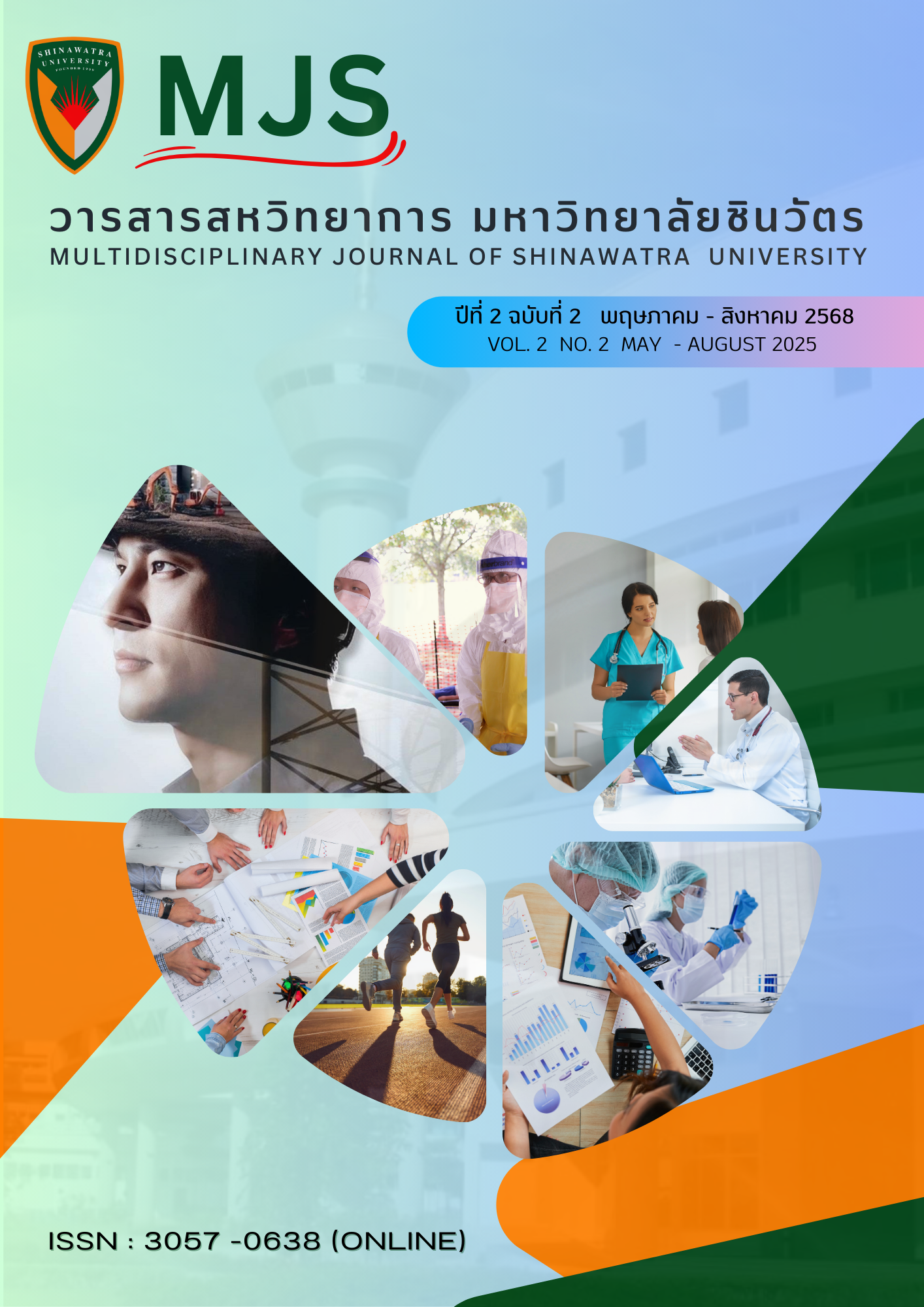Managing Generational Audiences in Political Party Election Campaigns
Keywords:
Message recipients, Communication strategy, Generation, Political communicationAbstract
This academic article presents findings from a qualitative research study that employed in-depth interviews with policymakers and practitioners from the Move Forward Party (formerly the Future Forward Party). The study also engaged message recipients across Generations B, X, Y, and Z, along with scholars in political communication. The research investigates how political parties can effectively manage generational differences in electoral campaigning with five key objectives: 1) To examine the effectiveness of political message delivery across generations, 2) To explore strategies for building understanding, trust, and voter engagement, 3)To develop approaches for segmented messaging based on generational characteristics, 4)To identify methods for avoiding intergenerational conflict in political communication, and 5) To analyze how parties can cultivate long-term voter bases through generational engagement. The findings reveal that: 1)Targeted communication enhances message relevance and effectiveness across generations; 2) Generational cohorts differ in beliefs, values, and concerns, necessitating customized messaging to foster resonance, trust, and participation; 3) Segmented messaging strategies grounded in generational data are essential to campaign success; 4) Sensitivity to intergenerational dynamics is critical, as content that resonates with one group may alienate another; 5) Political parties that proactively understand and engage younger generations today are more likely to establish enduring political support in the future.





